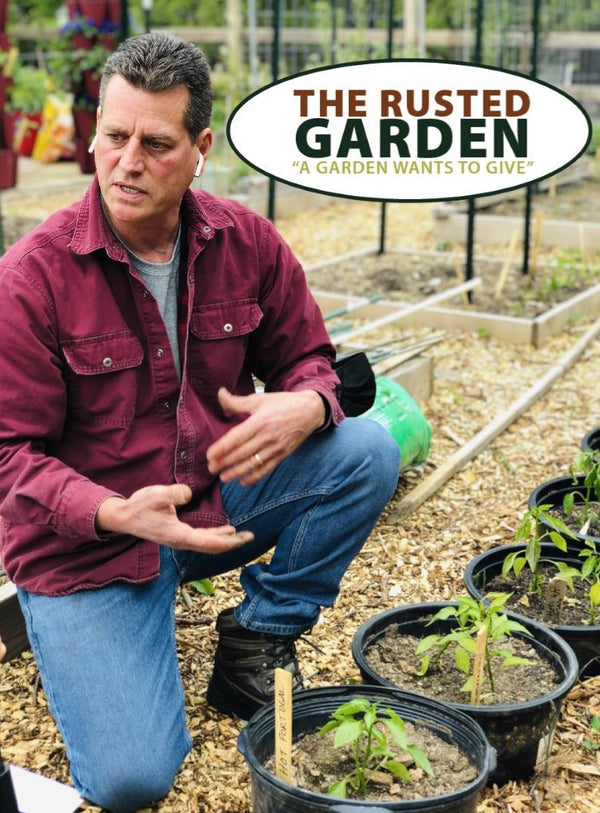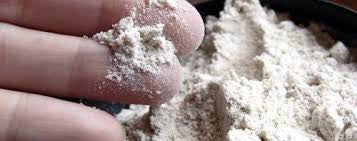The Rusted Garden Blog — Seed Starting
Complete Video Series (9): Growing Tomatoes and Peppers from Start to Finish
Publié par Gary Pilarchik le
by Gary Pilarchik (The Rusted Garden) Every year I create new garden videos and often make video series that focus on a specific topic. Last year, I shot a 9 part video series on growing tomatoes and peppers from start to finish and all the steps in between. They are short focused videos that start with well...starting seeds. I cover all the starting basic, transitioning your plants to the outdoors, planting, feeding, tending, pruning, staking and managing pest and diseases. I also add in tomato and pepper tips here and there, like pinching off the tops of your young peppers...
- Étiquettes: Growing Peppers, Growing Tomatoes, Seed Starting
Acclimating Your Vegetable Seed Starts to The Outdoors: 'Hardening-off ' Vegetable Plants
Publié par Gary Pilarchik le
by Gary Pilarchik (The Rusted Gardener) A lot of gardeners don't know their indoor seed starts are soft and not ready for the great outdoors. They need to go through a slow acclimation process to get use to the sun's ultraviolet rays, the wind and temperature fluctuations. The process is generally called 'hardening-off' and it is how it sounds. Your seed starts need a week's time to toughen up to the world in which they will be growing. They will actually be burned by the UV rays of the sun. They will be stressed by the wind and temperature changes....
- Étiquettes: Acclimation, Hardening-off, Seed Starting
How to Use Diatomaceous Earth for Fungus Gnats and Crawling Insects: Seed Starts & More
Publié par Gary Pilarchik le
by Gary Pilarchik (The Rusted Garden) Diatomaceous earth or DE is not a poison. It is basically the sharp fossilized remains of microscopic sea creatures made up of silica. It is not harmful to us as it is a fine powder that feels like chalk. You should take precautions not create a lot of floating dust and breath it in as it can be an irritant in the lungs. However it is perfectly safe to handle. For crawling insects, it can be devastating. The microscopic dust or silica is extremely sharp and it will grind an insect's shell and body down over time. The...
- Étiquettes: Diatomaceous Earth, Pests and Diseases, Seed Starting

